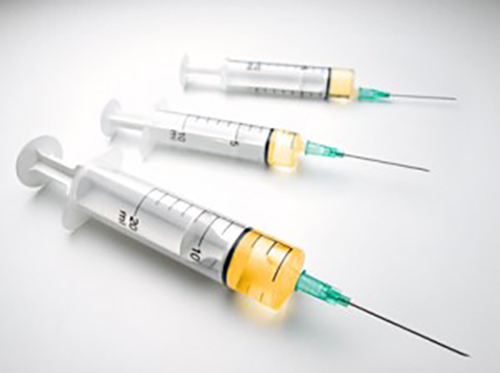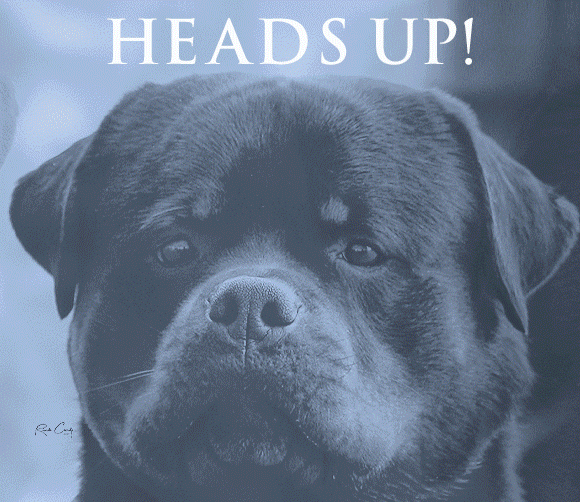Covid Vaccines: True Today ~ True Tomorrow?
By Amy Fernandez
Now that everyone has lined up, received their Covid jabs, and the next round is underway, probably the last thing you want to hear about is another shot. But here we are, debating the need to vaccinate dogs against Covid.
Actually, quite a few members of the animal kingdom have been receiving Covid vaccinations for the past year. Couple that with the conventional wisdom of ensuring that your dogs’ shots are up to date, the ongoing worry is obvious. You may recall early in the pandemic, when documented cases of crossover transmission confirmed the existence of Covid antibodies in dogs and cats owned by infected individuals led to mass panic. Ultimately, none of the dogs developed any serious illness.
The problem with a virus is that what’s true today won’t necessarily hold true tomorrow. Alpha, delta, well, you get the point. Viruses mutate constantly and quickly. Zoonotic transmission is also nothing new, it accounts for most of viral diseases humans contend with. Viruses constantly recombine and eventually jump the species barrier. However, that doesn’t automatically translate into something like rabies. Most of these viral one off mutations fall under the radar. They never lead to illness and never get noticed unless we start hunting them.
That’s led to some big surprises for Covid researchers. For instance, a very high rate of viral transmission was recently identified in wild deer populations. DNA testing has confirmed that human vectors are indeed spreading it to deer. Several exotic species have been proven to be highly susceptible and consequently there’s been a widespread effort to vaccinate lions, tigers, orangutans, and several other endangered species currently subject to intensive conservation efforts.
At least one veterinary pharmaceutical company in New Jersey, Zoetis, has been developing canine and feline versions of Covid vaccines for the past year. According to a recent Times report, they had four promising versions underway. But that project has been shelved due to a lack of evidence showing that dogs and cats face any real risk of illness via viral transmission from infected owners. There have been a few documented cases, primarily cats, developing typical Covid symptoms. But those cases have been mild and the animals subsequently recovered with supportive care.
Of course, the big issue is the lack of evidence confirming that the virus has become capable of jumping the species barrier from domestic pets back to humans. Let’s hope we never see that horrifying mutation morph into reality. So far, USDA’s position remains unchanged since last year. They are not accepting any applications for canine or feline Covid vaccines.
That’s not the case for every species. You may recall the deadly epidemic that wiped out Scandinavian mink populations last year and that mink strain WAS able to cross back into human populations. Russia has reportedly developed its own version of a Covid vaccine for minks. For the rest of the vulnerable animal population, Zoetis has been utilizing one of its canine vaccines to protect a range of rare zoo animals such as snow leopards and gorillas. It’s been administered in 14 different countries and seems to be effective so far.
There’s still a lot we don’t understand about Covid and research is ongoing. But as far as cross species transmission, it appears that wild animals are more vulnerable than their domestic counterparts. Big cats seem to be especially at risk. House cats not so much. We’ve yet to fully determine the reasons for that. At this point USDA is holding its ground although it has stated that it may reevaluate that stance based on emerging research.
Right now, your best option for protecting your pets against Covid is to get your shots so you don’t risk infecting them.
Short URL: http://caninechronicle.com/?p=217704
Comments are closed













